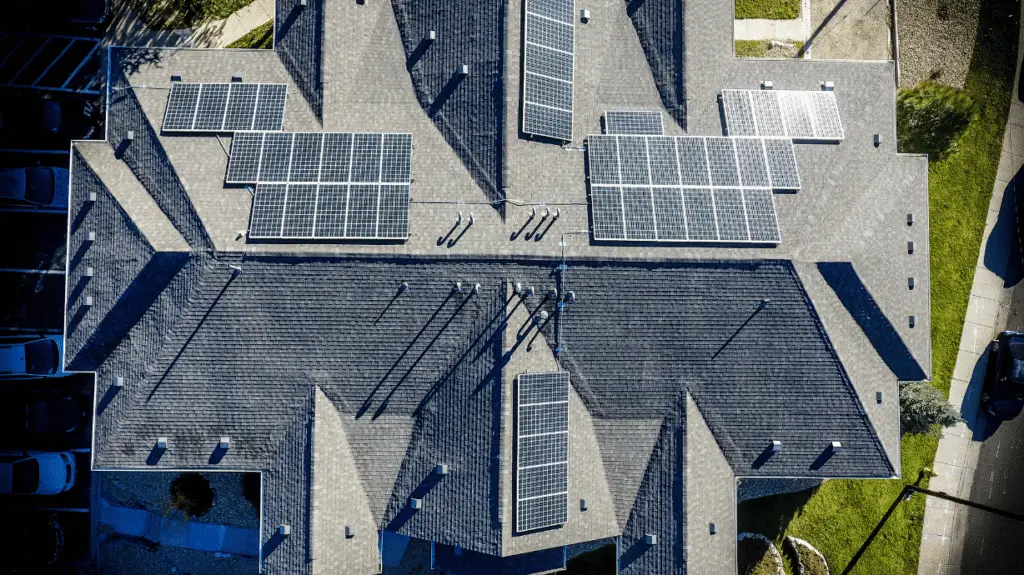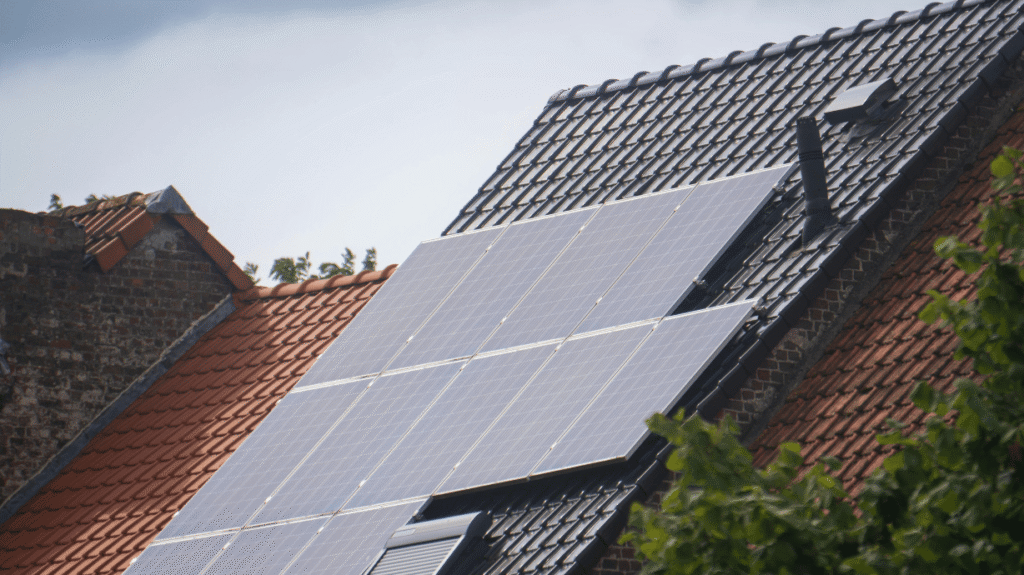One of the first questions you might ask if considering solar energy is, “How many solar panels are required to power my home?” It is vital to consider this question because it determines your budget, the solar equipment you buy and your energy output. We’ll explain the factors that influence the number of solar panels you should have and give you a simple guide to make the right choice.
Knowing What You Need for Energy
The first thing to do when planning solar panels is to find out how much energy your household needs. You will usually see this measured in kilowatt-hours. All the information you need is shown on your electricity bills. Check the annual consumption which you will find listed in kWh per year.
To calculate the number of solar panels for your home, you need the annual consumption figure of 8,000 kWh. Remember that your energy needs depend on the number of people in your home, the size of your house and how you live. If your home is large or uses a lot of energy, you will probably need more solar panels.
Solar Panel Production
The wattage of a solar panel shows how much electricity it can generate in the best sunlight. The most widely used solar panels have 250-, 300- and 400-watt ratings. The output power of the panel is set by its wattage.

Figuring Out How Many Solar Panels to Install
You can find out how many solar panels you require by carrying out the following steps.
- Find out your energy consumption. Divide your annual energy use by the number of days in a year. For instance, if you use 8,000 kWh of electricity each year, you use about 22 kWh every day.
- Find out how many hours of sunlight your region gets every day. Then, multiply by the wattage of the solar panel and the number of panels. For example, if you have 250-watt panels and your place gets 4.3 hours of sunlight each day, one panel will produce 1.075 kWh of energy daily.
- To find out how many panels you require, divide your daily energy use by the daily power output of each panel. With that example, you would need to install 21 panels to provide enough energy for your daily needs.
Thinking About Battery Storage
If you plan to use solar energy during times when the sun isn’t out, think about installing a battery storage system. Batteries save extra energy made during the daytime for when the sun is not out. The amount of battery storage you require is based on your energy use and the times you plan to use stored energy.
Space on the Roof and Direction
It is very important to consider the roof’s size and the direction it faces. Check that there is enough space on your roof for the panels and that they are installed to get the most sunlight.
Shading
Solar panels may not work as well when they are shaded by trees, buildings or other structures. Make sure your panels get the most sunlight by analyzing their shading conditions.
Meeting Energy Requirements in the Future
Think about how your energy usage might change. Should you decide to install an electric vehicle or other appliances that use a lot of energy, you might require a larger solar system.

Other Factors to Keep in Mind
Funding and Benefits
The price of solar panels and their installation may not be the same for everyone. Check into federal tax credits and other incentives, as they can significantly lower your total expenses.
Professional Assessment
Talk to a solar energy expert for a thorough review of your needs. They can design a plan that fits your unique situation and needs.
Maintenance
Solar panels do not need much care, but it is important to keep them clean and unobstructed. They are designed to last about 25-30 years, so they are a good investment for the long run.
You must look at your energy use, the performance of the solar panels and the level of sunlight in your area to find out how many you need. To estimate how many solar panels you need for your home, use the steps mentioned above.
Going solar helps you lower your impact on the environment and cut down on your electric bill. Proper planning and having the correct information allow you to make a decision that fits your needs and financial situation. If you have decided to move forward, talk to a solar energy professional who will help you choose the right system for your home.


